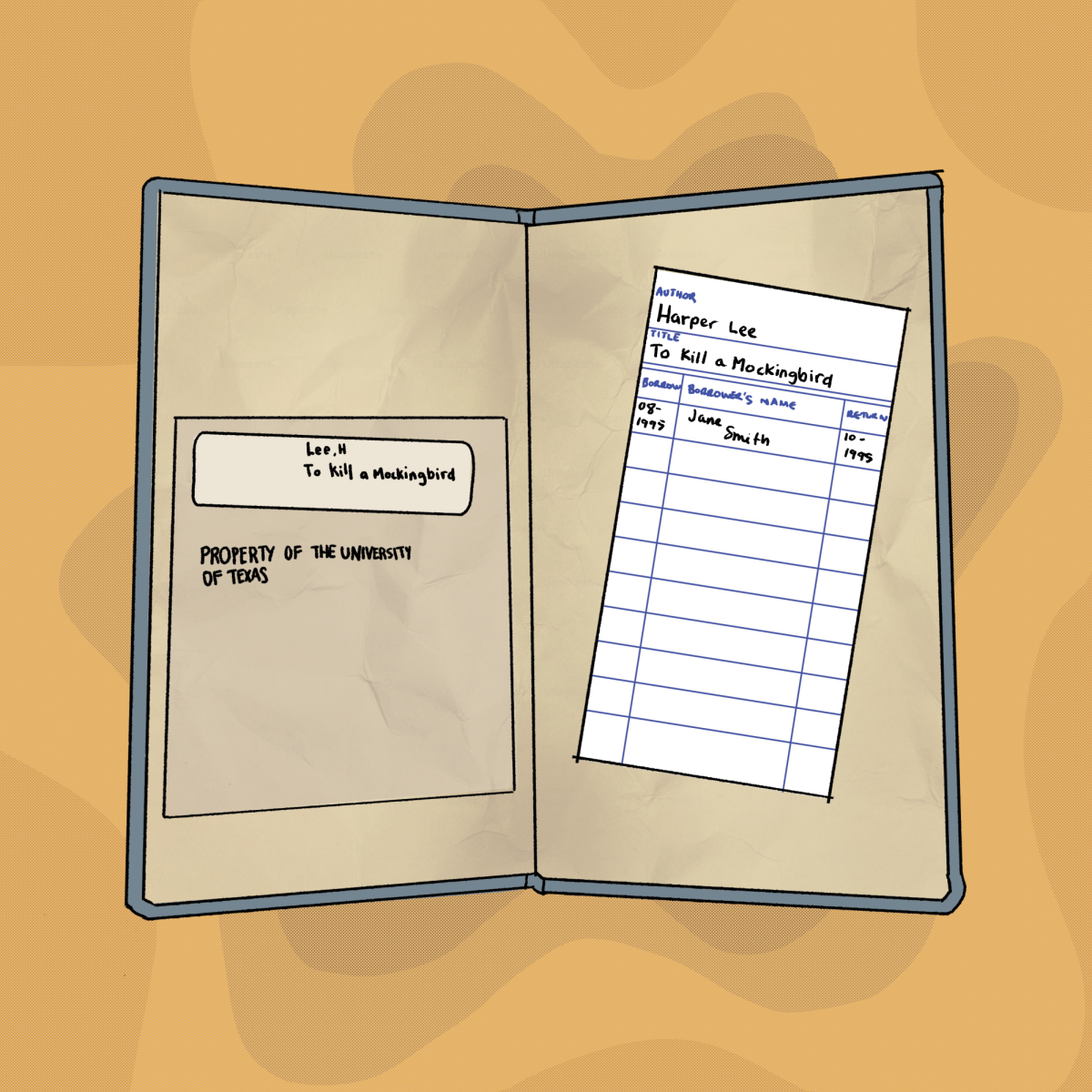UT ranked well in a report on student-teacher programs by the National Council on Teacher Quality, but the report has received backlash from many of its participants.
UT received a rating of “good,” compared to the three-quarters of the 134 programs that were considered either “poor” or “weak.” The report’s highest ranking was “model.”
The pinnacle of a teacher’s training is field experience in the classroom, and most of those experiences are lacking, according to the study. The report found more than half of the institutions researched played no role in the selection of mentor teachers for the program.
Julie Greenberg, a senior policy analyst for the National Council on Teacher Quality, said one of the study’s most important findings was that most student teachers were placed wherever availabilities could be found without much consideration of the mentors’ capabilities.
“We are talking about a collaborative process, but a process in which the information that is given to the institution does not simply include the name of the teacher or the name and the fact that they have five years of experience,” Greenberg said. “That’s really what we saw as a problem.”
Greenberg said the three main characteristics sought after in mentor teachers were experience, effectiveness as an instructor as measured by student learning, and being capable of being a good mentor to an adult.
She said only programs that required these three criteria met the “model” rating, while programs that relied on teacher mentor nominations from principals without more information received the lower ratings.
“Playing an informed role in selection really was critical,” Greenberg said.
Greenberg said because research on teacher programs was lacking, the complete set of 19 standards the study used to rank university programs came mainly from a group of “experts” they assembled with considerable experience as educators and as teacher-educators.
Many have criticized the study’s findings, including Laura Glass, associate director of the School of Education at the University of Delaware. Glass said the standards sought after aren’t necessarily “grounded in the literature” of the topic.
Glass said it would be better to base rankings on more established standards from successful student teacher programs and to consider more evidence than just policy documents. She said no interviews or other evidence were considered to inform the council’s decision.
Glass said some of the rankings have raised red flags about the accuracy of the study.
“It’s unfortunate to see so many wonderful institutions ranked so poorly, including Vanderbilt, who has been, according to US News and World Report, the No. 1 graduate school of education, and their student teaching experience is rated weak,” Glass said. “That piece of data right there makes the validity of the study questionable.”
Glass said she agrees with one conclusion from the study, which advises raising the standards for elementary education students to eliminate the surplus of elementary teachers. According to the council, there are twice as many teachers trying to find work in elementary education than there are positions available.
Robert C. Pianta, dean of the University of Virginia’s Curry School of Education, told the Chronicle of Higher Education he takes issue with this finding.
“The work force that’s out there is aging,” Pianta said. “I’d want to be very careful about shrinking the pipeline now.”



















